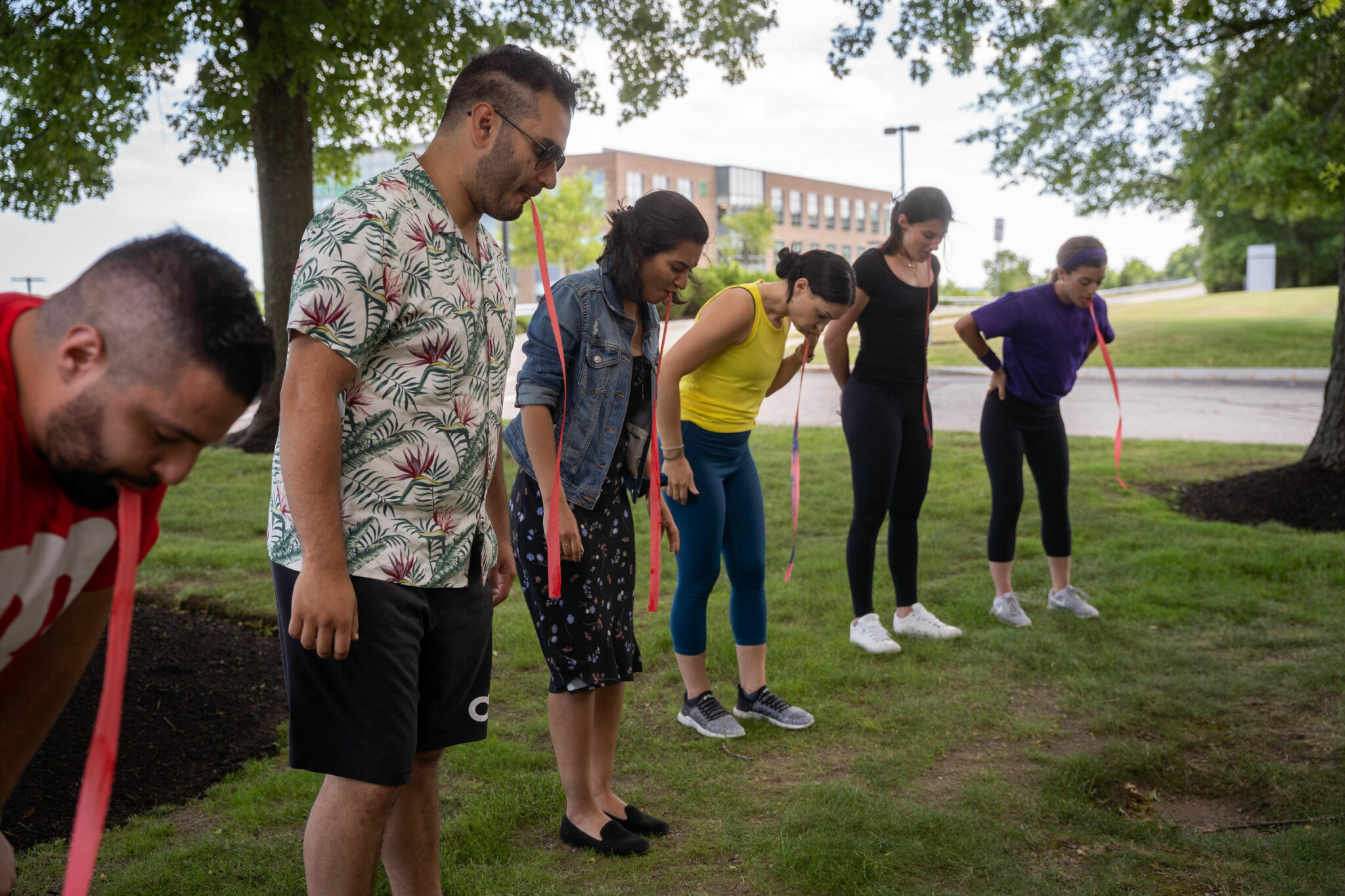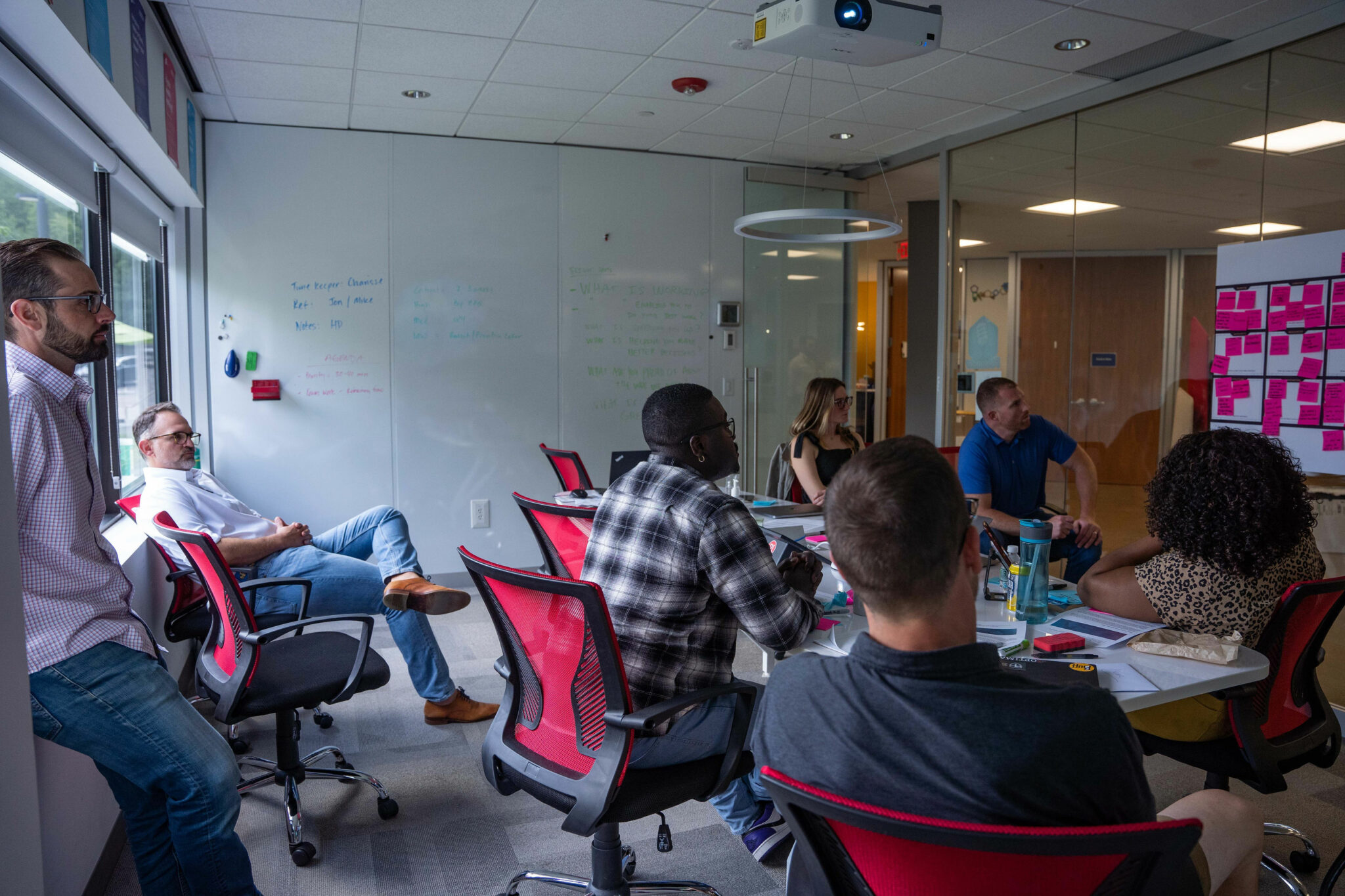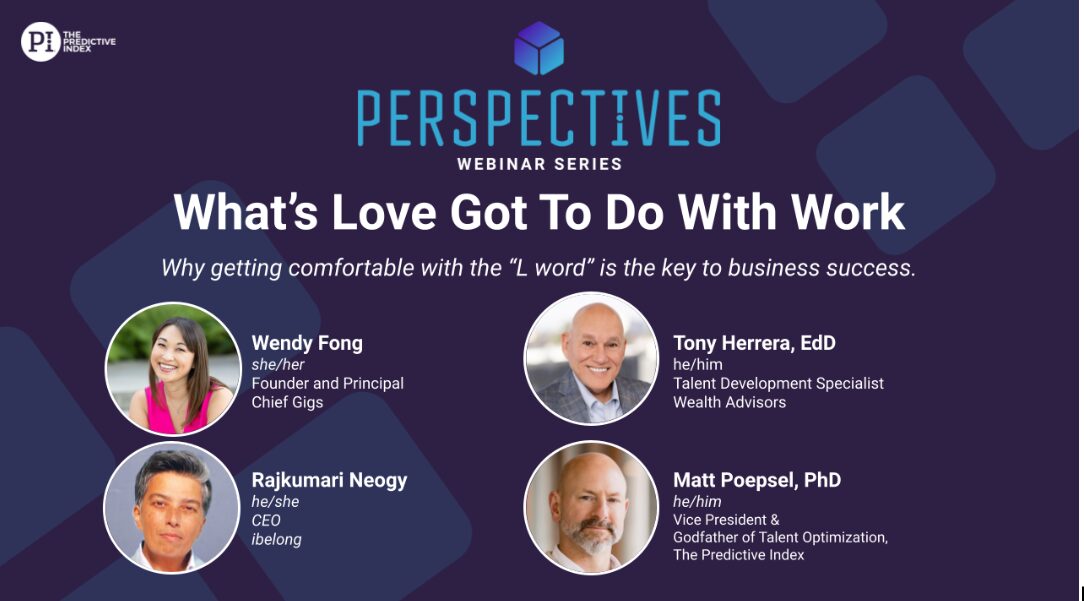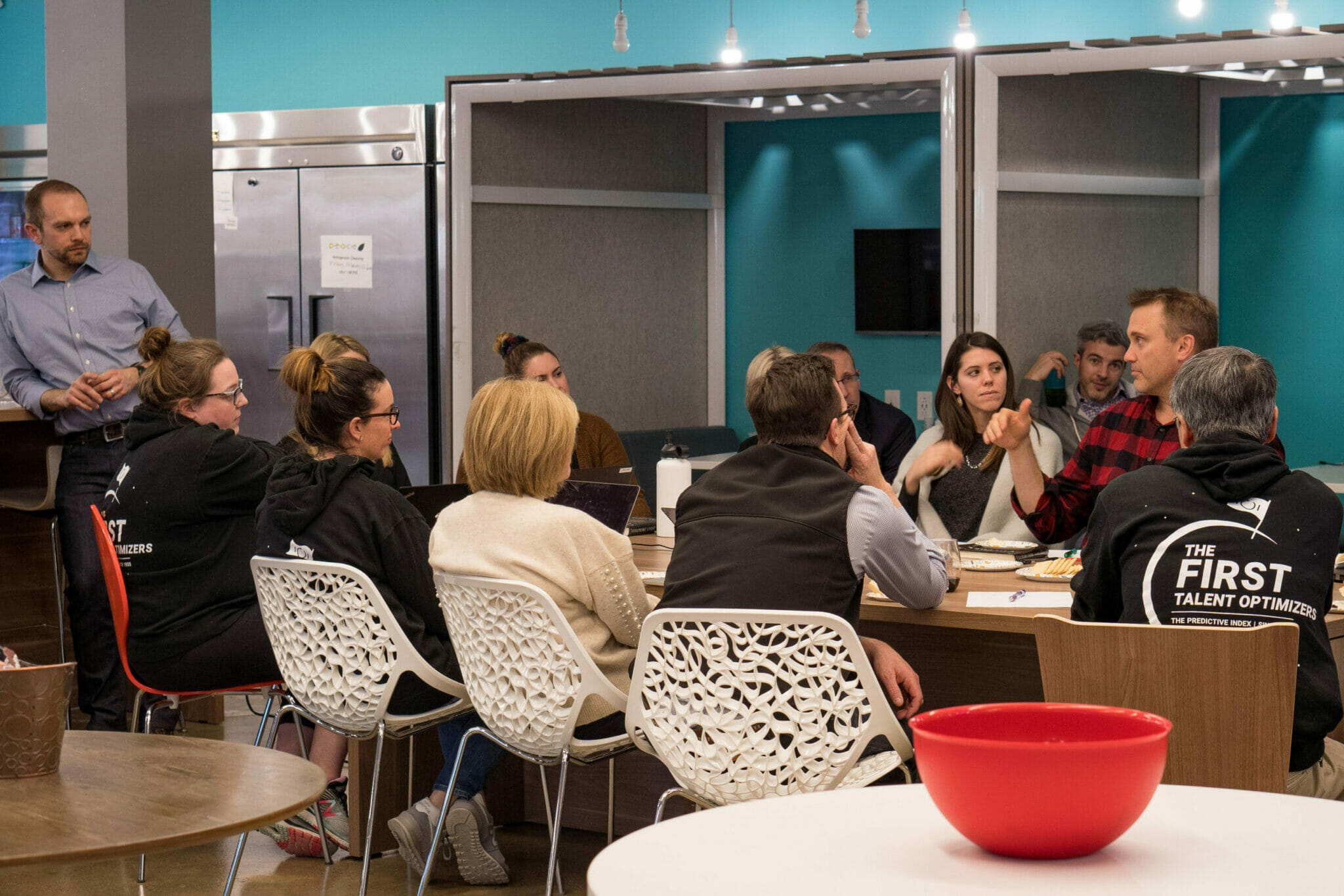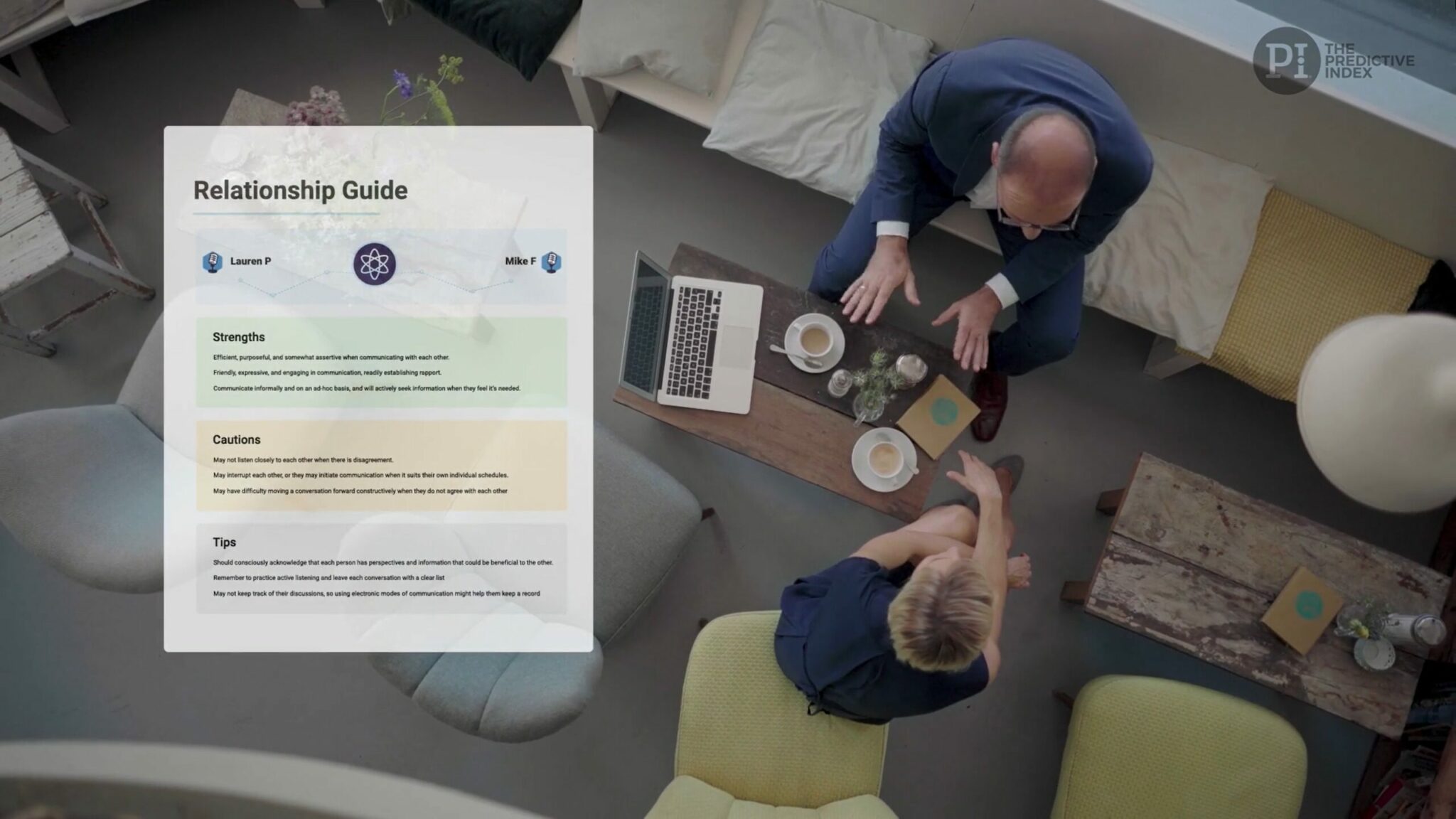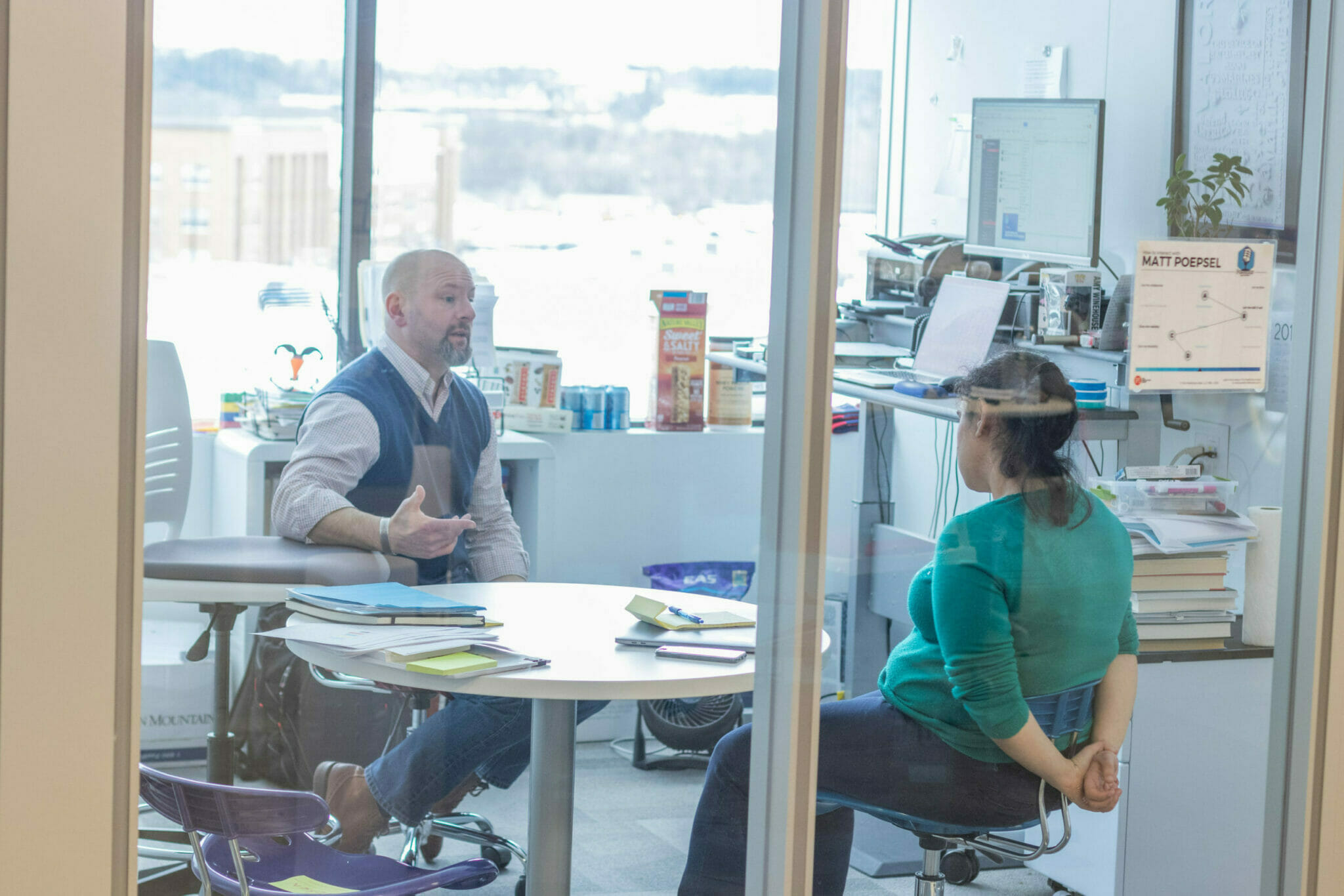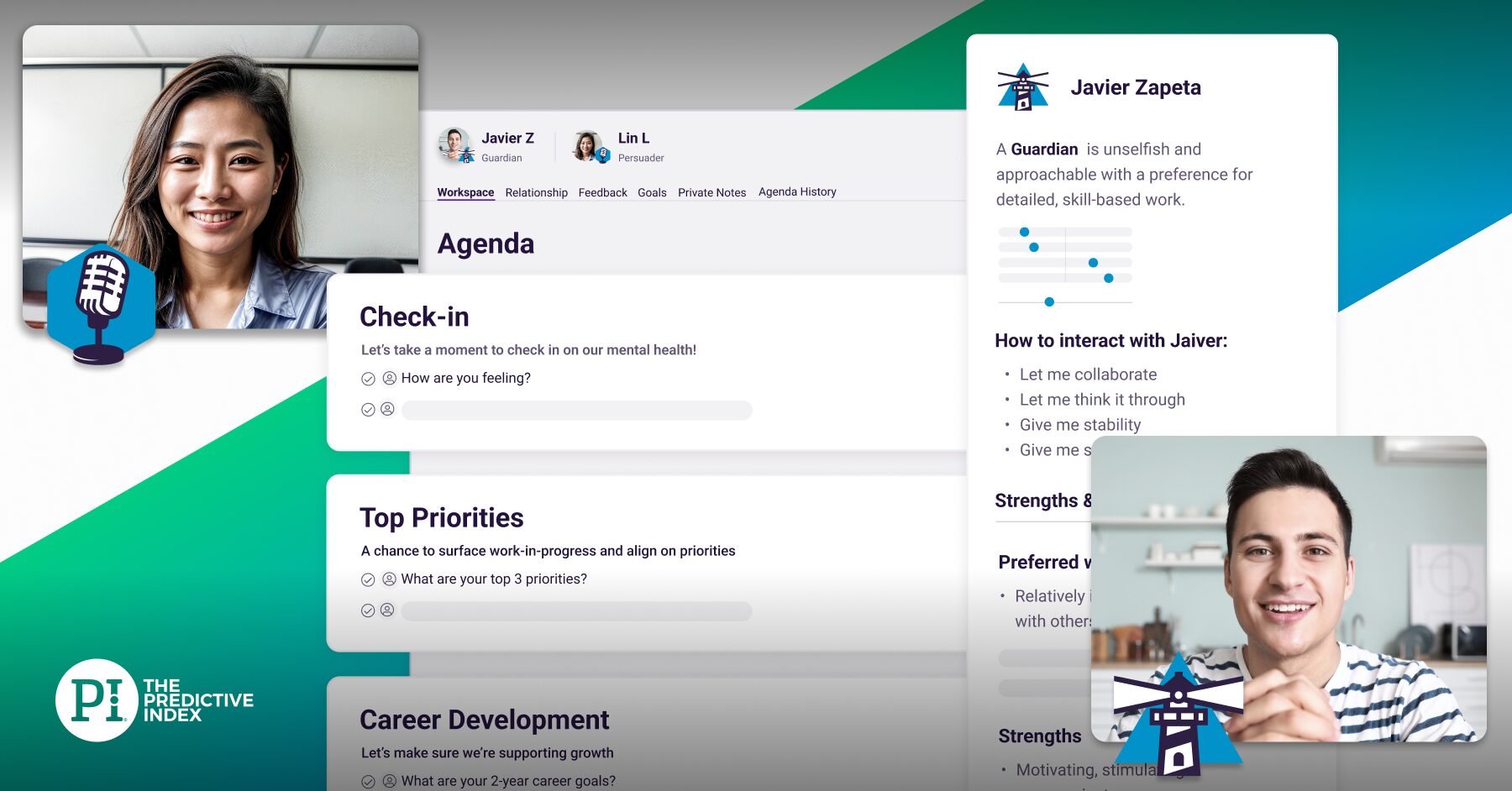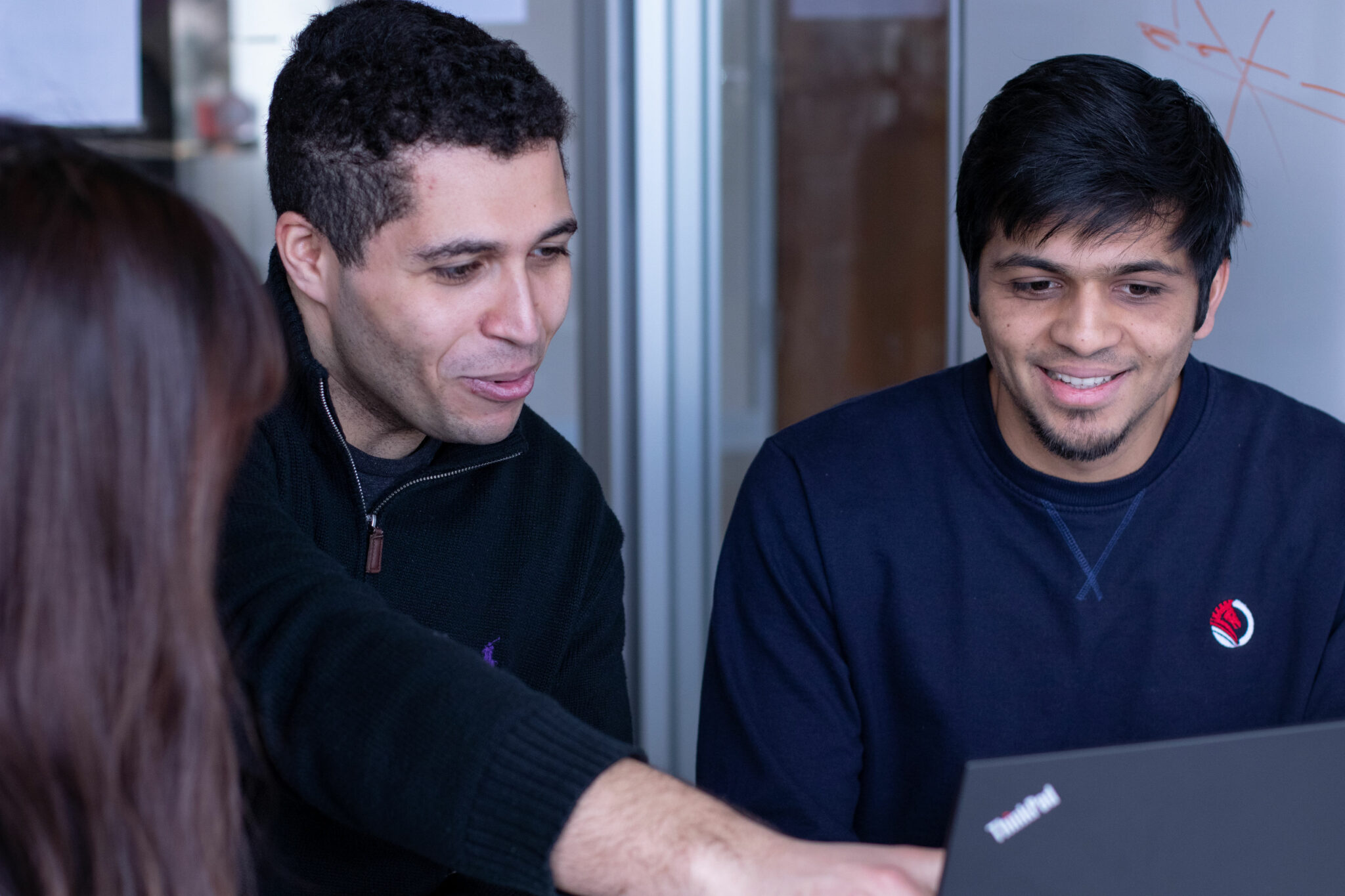Perhaps one of the most underrated session types at SIOP is the poster session.
Most people flock to the presentation sessions, master tutorials, panels, debates, symposiums, and even “alternate” session types that function kind of like Forrest Gump’s box of chocolates—you never know what you’re going to get. The posters, however, provide really valuable information in a rapid-fire sort of way. These sessions have dozens of studies ready to be read, with their authors standing by to answer any questions you may have.
Unlike all of the other session types, poster sessions offer SIOP-goers the opportunity to absorb the information that most interests them at their own pace. This year’s trip to the poster session proved to be chock-full of innovative new studies with surprising results.
Here are three things of the most surprising insights:
1. Extra vacations won’t fix employee burnout.
“I need a vacation!” Chances are you’ve heard (or maybe said) this line before.
Unfortunately, new research shows that people who could really use time off (i.e., those who are facing stress, burnout, and work-life balance issues) are less likely to take a vacation. When they did take a vacation, they were less likely to feel refreshed afterwards.
Akers et al. say that their results “seem to suggest that an employee feeling burned-out feels less inclined to take their leave, and thus will not recover properly. This will ultimately lead to lowered job performance, disruption to family and personal life, absence, turnover, etc.”
If vacations don’t fix employee burnout, what can an employer do? The researchers suggest being more attentive to the various individual and organizational characteristics felt and perceived by employees. Just because a benefit is in place doesn’t mean the culture supports taking advantage of that benefit. If leadership isn’t setting an example by taking vacation, employees are less likely to feel supported in taking their leave benefit.

2. Being nice may help keep your coworkers focused.
Have you ever wondered if your mind wanders more or less than others? Well, we’re now one step closer to a way to find out. Anthony J. Belluccia and Zhiqing E. Zhou of Baruch College have created the first-ever multidimensional mind-wandering scale. What made it multidimensional is that it measured five different types of mind-wandering: irrelevant, distressing, ruminating, instigated, and comfort.
They used their scale in a study on the impact of workplace incivility on negative mind-wandering and job performance. What they discovered was that incivility caused distressing mind-wandering (i.e., unpleasant thoughts) and/or irrelevant mind-wandering (i.e., unimportant thoughts), which in turn lowered the work performance of the sample. Since the cause of this was instigated workplace incivility—such as a coworker being rude—we can conclude that it’s better for workplace performance to be nice.
3. If you want to feel productive, sleep less.
Numerous studies have indicated that sleeping more is supposed to help with increasing energy levels the next day. However, a study conducted by students at Penn State University found that managers who slept fewer hours at night felt more productive the next day. They say the reason is because we perceive loss in work time as a loss in perceived productivity.
The research believe “these findings help explain why employees choose to sacrifice sleep despite health costs.”
